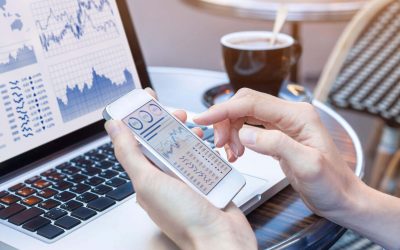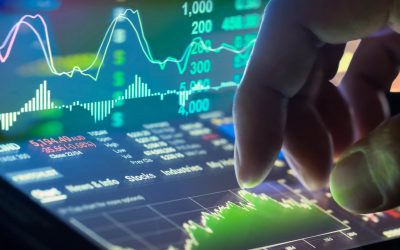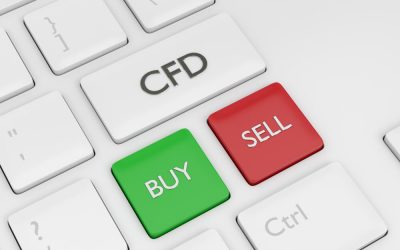Emotions can have a huge impact on a trader and his trading decisions, and it is very dangerous to underestimate them. When trading the Forex it is not enough to just have a good trading strategy and to understand the rules and intricacies of the financial market. Also, a trader should be confident and emotionally stable not to deviate from his trading strategy, even in the most stressful times. Of course, this is easy to say, but it’s very difficult to put into practice. Unfortunately, you can’t trade successfully until you learn to master your emotions. In this article, we’ll take a look at the main emotions a trader may experience while trading and offer some useful tips on how to get them under control.
Article content

Emotions in trading
- Fear. When a trader is afraid of losing money, he tries very hard to avoid these losses, but in the end, he ends up suffering them anyway. Say a trader has a certain trading system, according to which he should set a 20 pip stop-loss. This level was chosen based on technical factors and also meets the requirements of proper risk management. However, our trader has a strong fear of losing money. So, when the trade moves 10 pips in a losing direction, he immediately closes his position. If the trade was really unprofitable, then the trader would limit his losses strictly within the framework of his trading strategy – it’s not a big deal in Forex trading and happens all the time. But if the price sharply reversed and bounced to the “profitable territory”, it turns out that the trader himself closed the trade at a loss, because of his fear of losing everything.
- Greed. This emotion is the opposite of fear. In this case, the trader would constantly move his take-profit, hoping that the price would go further up or down, and he will earn more profit. Greed prevents the trader from closing his trade in accordance with the rules of his own trading system. As a result, when the price moves in the opposite direction even slightly, the trader earns at best as much as he initially planned, or even less.
- Overconfidence. Many traders find it difficult to admit their mistakes. For example, if the price moves in a losing direction, then the trader can move the stop-loss further away just because he is sure that he has calculated everything correctly and just needs to wait until the price starts moving in the right direction again. The trader with overconfidence bias will keep making the same mistake and end up making wrong trading decisions that will eventually wipe out his trading account.
- Frustration. Frustration is one of the most dangerous emotions that may cause serious trading mistakes. When a trader loses in a trade, he gets really upset and attempts to win back his losses. On the spur of the moment, he starts opening more trades sporadically, not paying attention to the signals of his trading system, expecting to quickly regain his losses. Such frustration reinforces all the bad negative behavior patterns, which intensifies the problem.
Over-excitement and excessive trading
It’s important to understand that random and excessive trading can bring random profit. But in the long run, when your “luck” ends, it will only wipe out your deposit.
Over-excitement can cause major trading blunders too. When a trader exits a trade at a profit, instead of celebrating his victory, he enters the market again, right when it starts to correct. And just like this, the money he has just earned can float away.
How to get your emotions under control
A trader should base his decisions on technical and fundamental analysis and should never deviate from his trading strategy. Only in this case will you be able to trade successfully and minimize your risks.
To manage your emotions more effectively, just follow these simple rules:
- Do not start trading right away. The strategy developed by the trader is the foundation. So, before you enter the trade, it is important to thoroughly test your financial instrument and adjust it to individual parameters. Do not forget to place Stop-loss and Take-profit when opening any trade.
- Refinancing your investment portfolio will allow you to balance your capital expenditure, avoiding unnecessary spending. In addition, if you develop restrictions, it will become much easier to manage your capital. We recommended trading on larger timeframes, as price fluctuations here are more predictable.
- Using the minimum lot size, a trader will be able to reduce potential losses.
- A trader can also resort to non-traditional methods such as meditation. Adding just a few minutes of meditation to your trading day will keep you more focused, help you get a more clear picture of the market, allowing you to look at the situation from a different angle. Even taking a simple break from trading now and then can be helpful with getting your emotions together.
As soon as a trader takes control of his emotions, his trading will immediately become more confident and effective, and the profit won’t take long in coming.
If you like our articles, follow us on Facebook and Instagram. Stay tuned for more interesting posts on our blog. We post new material several times a week.






